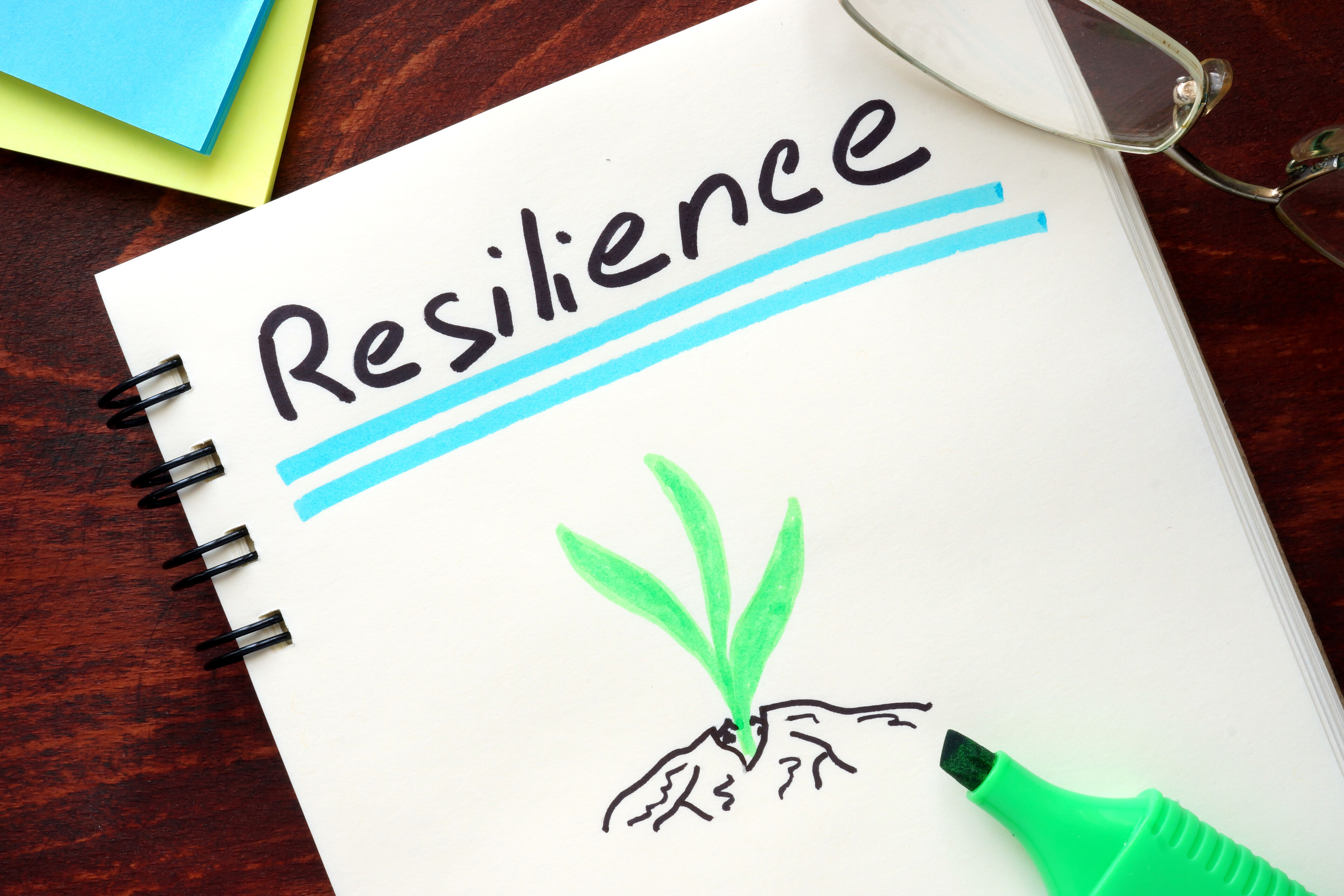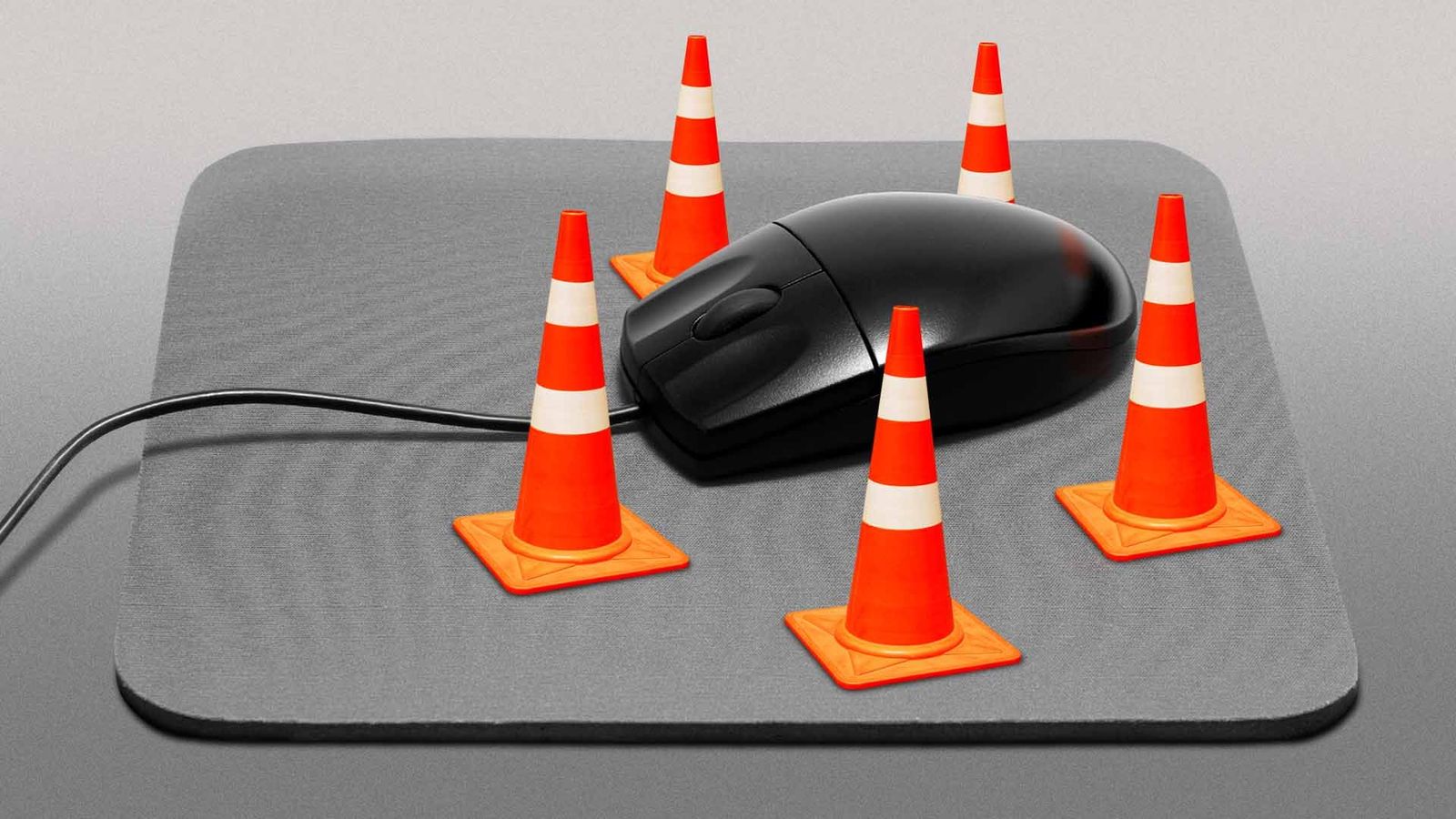Strengthening Your Resilience: A Path To Better Mental Health

Table of Contents
Understanding Resilience and its Benefits
Resilience isn't simply about avoiding hardship; it's about adapting to and overcoming it. It's a multifaceted quality encompassing emotional regulation, problem-solving skills, and a positive outlook. The link between resilience and mental health is undeniable. Strong resilience translates to reduced stress, improved coping mechanisms, and increased overall wellbeing. Individuals with high resilience are better equipped to handle life's inevitable stressors, leading to a more fulfilling and less anxiety-ridden life.
- Improved emotional regulation: Resilient individuals can manage their emotions effectively, preventing overwhelming feelings from derailing their progress.
- Enhanced problem-solving skills: They approach challenges with a proactive mindset, identifying solutions and taking constructive action.
- Increased self-esteem and confidence: Successfully navigating adversity builds self-belief and a sense of self-efficacy.
- Greater adaptability to change: Resilient people are flexible and able to adjust to new circumstances without undue stress.
- Stronger relationships: Their ability to manage emotions and communicate effectively fosters healthier relationships.
Developing Key Resilience Skills
Building resilience is a journey, not a destination. It requires cultivating specific skills and adopting positive habits.
Cultivating Self-Awareness
Understanding your own strengths, weaknesses, and emotional triggers is the foundation of resilience. This involves introspection and a willingness to honestly assess your responses to challenging situations.
- Practicing mindfulness and self-reflection: Regularly take time for quiet reflection, paying attention to your thoughts and feelings without judgment. Mindfulness meditation can be a powerful tool.
- Identifying personal stressors and coping mechanisms: Pinpoint situations or events that trigger negative emotions and analyze your typical responses. Are they healthy and effective?
- Journaling to track emotions and patterns: Regularly writing down your thoughts and feelings can provide valuable insights into your emotional landscape and identify recurring patterns.
Building a Strong Support System
Humans are social creatures. Strong social connections are a crucial buffer against stress and adversity.
- Nurturing existing relationships: Invest time and energy in maintaining close relationships with family and friends.
- Seeking out supportive friends, family, and community groups: Surround yourself with positive influences who offer encouragement and understanding.
- Considering professional support like therapy or counseling: A therapist can provide guidance and tools to navigate difficult emotions and build coping skills. This is particularly valuable when dealing with trauma or significant mental health challenges.
Embracing a Healthy Lifestyle
Physical health and mental resilience are inextricably linked. Prioritizing your physical wellbeing directly impacts your ability to cope with stress.
- Regular exercise and physical activity: Physical activity releases endorphins, reducing stress and improving mood. Aim for at least 30 minutes of moderate-intensity exercise most days of the week.
- Balanced nutrition and mindful eating: Nourish your body with a balanced diet rich in fruits, vegetables, and whole grains. Mindful eating helps you connect with your body's needs.
- Sufficient sleep and rest: Aim for 7-9 hours of quality sleep each night. Adequate rest is crucial for both physical and mental recovery.
- Limiting substance use: Excessive alcohol or drug use can impair your ability to cope with stress and exacerbate mental health challenges.
Practical Strategies for Boosting Resilience
Beyond developing key skills, incorporating specific strategies into your daily life can significantly enhance your resilience.
Developing Coping Mechanisms
Having a toolbox of effective coping mechanisms is essential for navigating stressful situations.
- Deep breathing exercises: Deep, slow breaths can calm your nervous system and reduce feelings of anxiety.
- Progressive muscle relaxation: This technique involves systematically tensing and releasing different muscle groups to relieve physical tension.
- Cognitive reframing (positive self-talk): Challenge negative thoughts and replace them with more realistic and positive ones.
- Problem-solving techniques: Break down problems into smaller, manageable steps and develop action plans to address them.
Setting Realistic Goals and Expectations
Overwhelm is the enemy of resilience. Setting manageable goals builds confidence and prevents burnout.
- Breaking down large tasks into smaller, achievable steps: This makes overwhelming projects feel less daunting and provides a sense of accomplishment along the way.
- Prioritizing tasks and managing time effectively: Learn to say no to non-essential commitments and focus your energy on what truly matters.
- Celebrating small victories and acknowledging progress: Acknowledge your achievements, no matter how small. This reinforces positive self-perception and boosts motivation.
Practicing Self-Compassion
Self-kindness is a powerful component of resilience. Treat yourself with the same understanding and forgiveness you would offer a friend.
- Treating yourself with the same understanding you would offer a friend: Would you criticize a friend as harshly as you criticize yourself? Practice self-compassion.
- Accepting imperfections and learning from mistakes: Everyone makes mistakes. View setbacks as learning opportunities and don't dwell on imperfections.
- Focusing on self-care and prioritizing your well-being: Prioritize activities that nourish your mind, body, and soul. This could include spending time in nature, pursuing hobbies, or engaging in creative activities.
Conclusion
Strengthening your resilience is an investment in your mental health. By cultivating self-awareness, building a strong support system, embracing a healthy lifestyle, and actively implementing the strategies discussed, you can significantly improve your ability to navigate life's challenges. Start building your resilience today. Invest in your mental health by strengthening your resilience. Discover the power of resilience for a happier, healthier you. For additional resources and support, consider exploring resources from the [link to mental health organization] or [link to relevant website].

Featured Posts
-
 Todays Nyt Mini Crossword Solution March 31
May 20, 2025
Todays Nyt Mini Crossword Solution March 31
May 20, 2025 -
 Wayne Gretzky Fast Facts Key Moments And Milestones
May 20, 2025
Wayne Gretzky Fast Facts Key Moments And Milestones
May 20, 2025 -
 Ai And The Trump Bill Victory Or Pyrrhic Win
May 20, 2025
Ai And The Trump Bill Victory Or Pyrrhic Win
May 20, 2025 -
 Cin Grand Prix Skandali Hamilton Ve Leclerc Diskalifiye Edildi
May 20, 2025
Cin Grand Prix Skandali Hamilton Ve Leclerc Diskalifiye Edildi
May 20, 2025 -
 The Ftv Live Hell Of A Run A Retrospective On Its Controversies And Contributions
May 20, 2025
The Ftv Live Hell Of A Run A Retrospective On Its Controversies And Contributions
May 20, 2025
Latest Posts
-
 Understanding The Billionaire Boy Phenomenon
May 20, 2025
Understanding The Billionaire Boy Phenomenon
May 20, 2025 -
 Billionaire Boy A Study In Wealth And Privilege
May 20, 2025
Billionaire Boy A Study In Wealth And Privilege
May 20, 2025 -
 Legislators Aim To Recover 1 231 Billion From 28 Oil Companies
May 20, 2025
Legislators Aim To Recover 1 231 Billion From 28 Oil Companies
May 20, 2025 -
 1 231 Billion Recovery Sought From Oil Firms Representatives Pledge
May 20, 2025
1 231 Billion Recovery Sought From Oil Firms Representatives Pledge
May 20, 2025 -
 Work From Home
May 20, 2025
Work From Home
May 20, 2025
